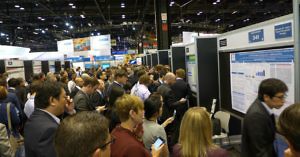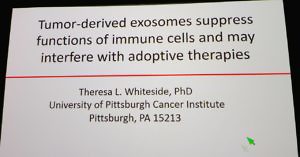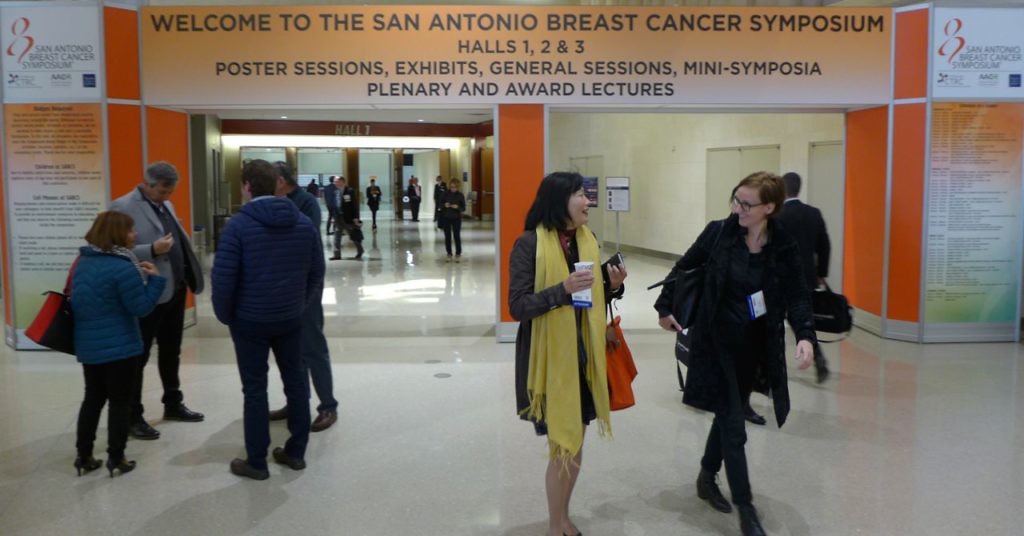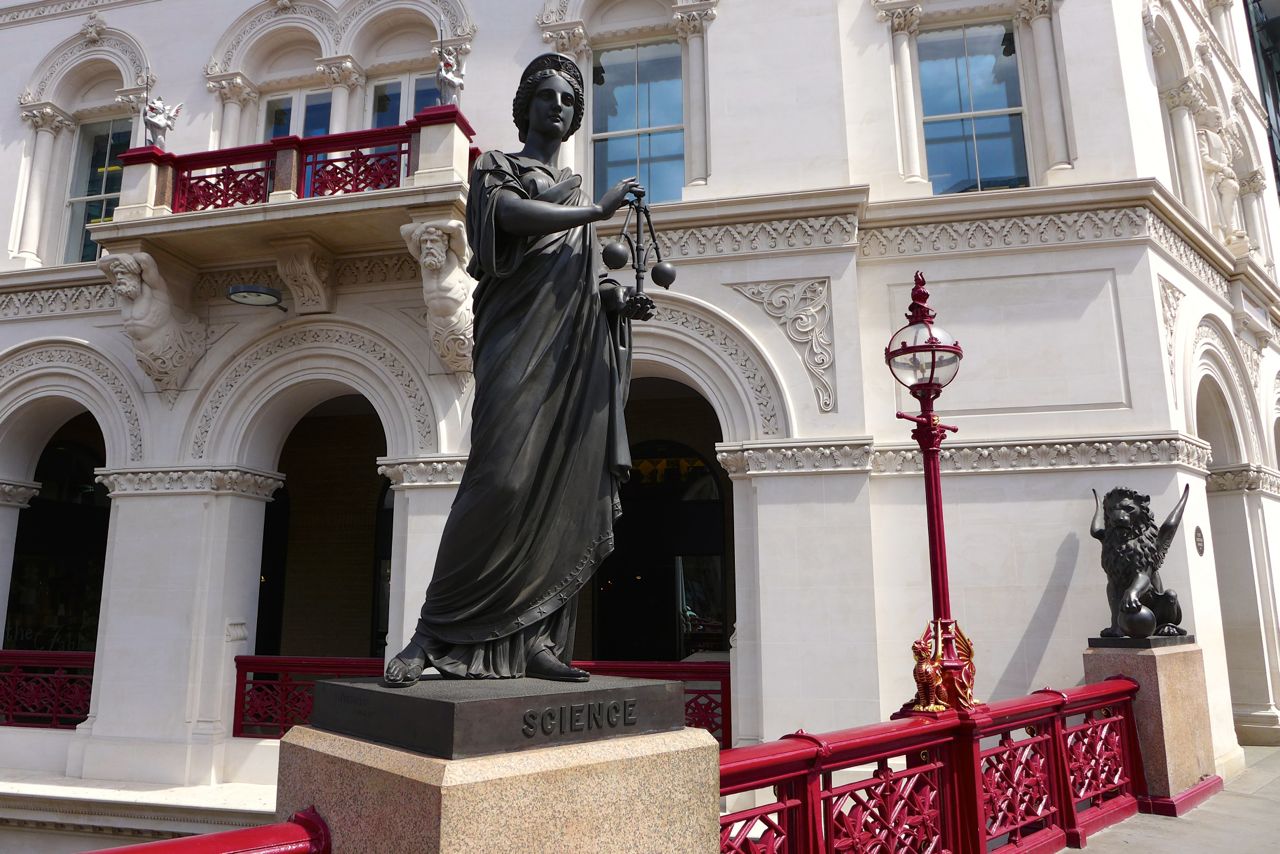Exploring pre-existing immunity in cancer immunotherapy trials
One of the intriguing themes that emerged recently at ASCO from several cancer immunotherapy trials centred around whether any elicited immune responses actually correlated with outcomes and if so, why and how?

Gems from the ASCO17 poster hall
It sounds easy in practice, yet in reality the topic has been quite a controversial one that has been hotly debated for a while.
With a wealth of new cancer immunotherapy trials now undwerway and initial results trickling out, how do we start to make sense of the information and what do we learn that might be useful going forward for future trials and the field as a whole?
With the help of a renowned cancer immunologist, we explored this concept in more detail to determine what can be gleaned from the data available.
Today, we look at part one of our latest mini-series, with the second part to follow later this week.
Subscribers can log-in to read our latest insights or you can purchase access to BSB Premium Content.
This content is restricted to subscribers
 At the recent 2017 American Association for Cancer Research (AACR) annual meeting, Dr Whiteside gave two fascinating talks in education symposia. Afterwards, she kindly spoke to BSB about her research.
At the recent 2017 American Association for Cancer Research (AACR) annual meeting, Dr Whiteside gave two fascinating talks in education symposia. Afterwards, she kindly spoke to BSB about her research.
 There has been much noise about biomarkers, including whether they work or not in this niche, as well as how do we go about selecting patients for therapies and combinations?
There has been much noise about biomarkers, including whether they work or not in this niche, as well as how do we go about selecting patients for therapies and combinations?
